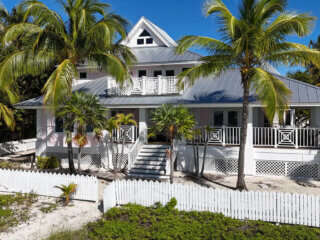
The Alternatives To Portuguese Golden Visa
01.05.24With the end of the Golden Visa Program, alternative visas emerged—D2 (entrepreneur), D7 (passive income), and D8 (digital nomad)—and although they also require five years to apply for Portuguese citizenship, don't require large investments in Portugal.
This article will explain the differences between the three current visas and who can benefit from them.
Entrepreneur or D2 Visa
This is a national visa for entrepreneurial immigrants, so it is most suitable for individuals who intend to carry out one or more investment activities in Portugal.
By holding a D2 Visa, you can apply for a temporary residence permit to live in Portugal. This can be obtained through the following ways:
- Self-employed professional activity: Services agreement or a written services agreement to exercise an independent business activity.
- Investment activity carried by entrepreneurial immigrants: this investment must be materialised through the creation of a Commercial Company in Portugal.
Passive income or D7 Visa
This is a national visa for financially independent individuals, also referred to Retirement Visa. By holding a D7 Visa, you are allowed to apply for a temporary residence permit to live in Portugal.
Digital Nomad or D8 Visa
This Visa is the most suitable option for individuals who can work remotely while exploring the beauty of Portugal. It is a residence visa that will allow you to live in Portugal and move freely in the Schengen Space.
There are two types of Visas available, depending on your desired length of stay:
- Temporary Stay: This Visa allows you to stay in Portugal for one year while entering and exiting the country, with the possibility of being extended for another year.
- Residence: This Visa allows you to stay longer in Portugal and obtain a residency permit valid for 2 years, renewable for periods of 3 years.
If you are seeking help navigating the Portuguese visas, contact MATLAW.
Article and image courtesy: MATLAW.
Abode Affiliates
COPYRIGHT © Abode2 2012-2026














































































































































































































